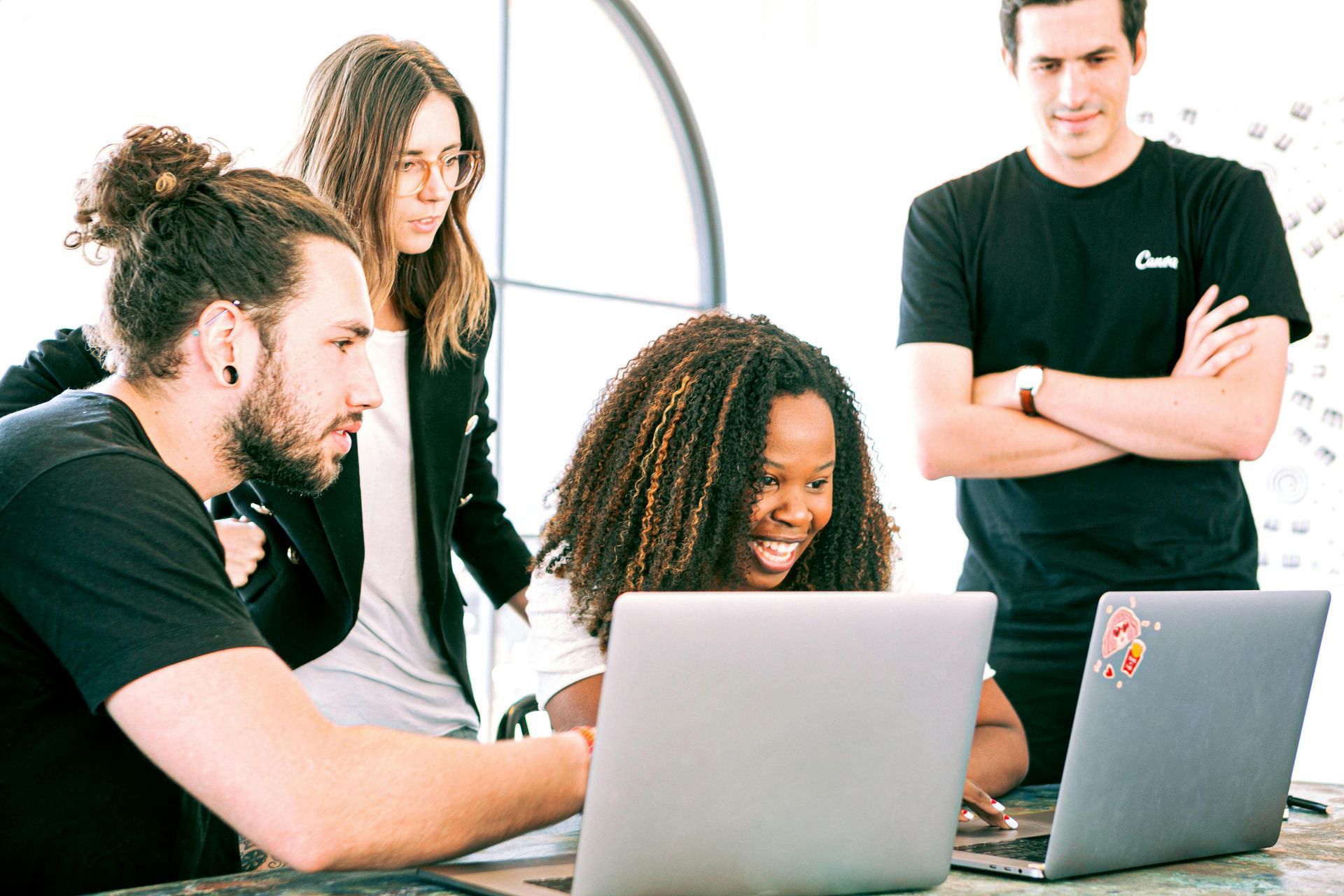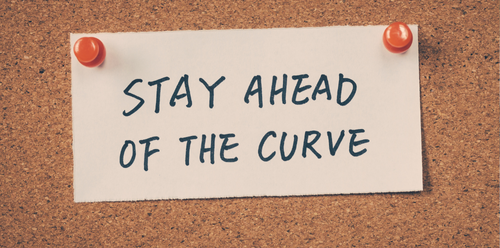You've got this!
If there's one part of the job search that makes even the most confident candidates nervous, it's the interview. In our recent poll, most of you shared that interviewing is the part of the process you struggle with the most, and you're definitely not alone!
The truth is interviews can feel high-pressure because they combine performance, preparation and personality - all in a short amount of time. But with the right approach, you can shift the balance from stress to confidence.
1.reframe the interview
Don't think of the interview as an interrogation, that's often where most of us set ourselves up for failure before we've even began. Think of an interview as a conversation between professionals, you're there to learn as much about the company as they are you. A shift in mindset can really help your nerves when you think of it in a more positive light.
2.research like it's part of the job
We all know the quote, "Fail to prepare, prepare to fail" - and we should use that mindset when it comes to interviews. The best way you can set yourself up for success is to do your research and prepare, you'' thank yourself for it on the day!
Before you walk in or log in, you should know:
- What the company does and who their customers are
- Their values, mission and recent news
- Who you're meeting - look at their profile on LinkedIn or their company website
This extra context lets you tailor your answers and ask thoughtful questions that will show the interviewer genuine interest. It also helps the interview to flow a lot more naturally when you can really engage in the conversation.
3.prepare stories, not scripts
The best answers always come from real examples. Use the STAR method (Situation, Task, Action, Result) to organise your thoughts.
- Situation: What was the challenge?
- Task: What was your responsibility?
- Action: What did you do?
- Result: What was the outcome?
Read the position/job description in depth, what experience and skills are they looking for? What examples can you give that align with this? For example, if one of the required skills/experience is end-to-end campaign management, prepare an example of what the campaign was, what was your role in the campaign delivery, how did you manage it and what were the campaign results.
4.practice out loud
Reading your answers silently isn't the same as saying them. Practice out loud with a friend, in front of the mirror or even record yourself. You might think that sounds silly, but when you read something out loud, you will then know if it makes sense or sounds good. It also helps you make sure your answers are concise and to the point, helping you eliminate filler words like "um" or "like".
5.Ask smart questions
When the interviewer asks, "Do you have any questions for us?", NEVER skip this! Even if you think they have answered everything, always have one or two prepared to show you're engaged.
- How does this role contribute to the company's goals this year?
- What does success look like in the first 6 months?
- Can you tell me about the team culture and structure?
6.follow up thoughtfully
Always send a thank you email within 24 hours. Reference something specific from the conversation to make it personal. It's a small step that shows professionalism, and can make a big difference!
7.remember: it's a skill
Interviewing isn't just something you do, it's something you learn. Every interview makes you better. Treat each one as practice, and take notes afterward on what went well and what you'd improve.
Interviewing can feel intimidating, but it's also an opportunity - to tell your story, make a connection, and find the right fit. Preparation builds confidence, and confidence builds success.
You've got this!
For interview practice questions, click here: https://www.smaart.com.au/tips-tricks-and-tests
We have some great resources to help you prepare!






